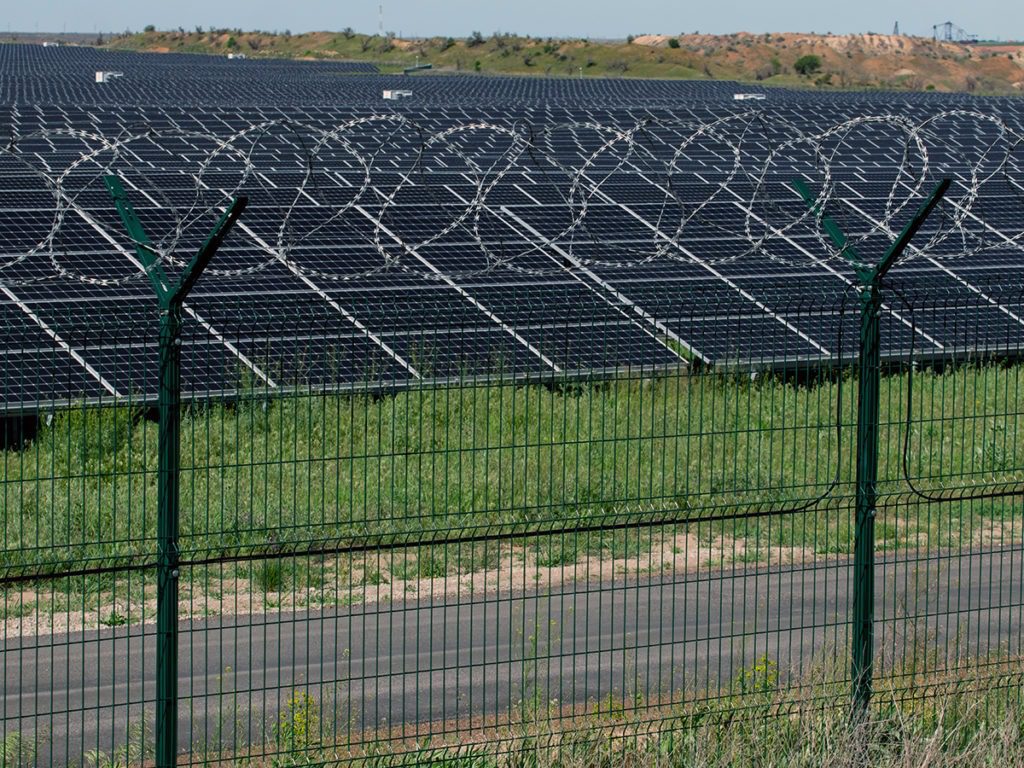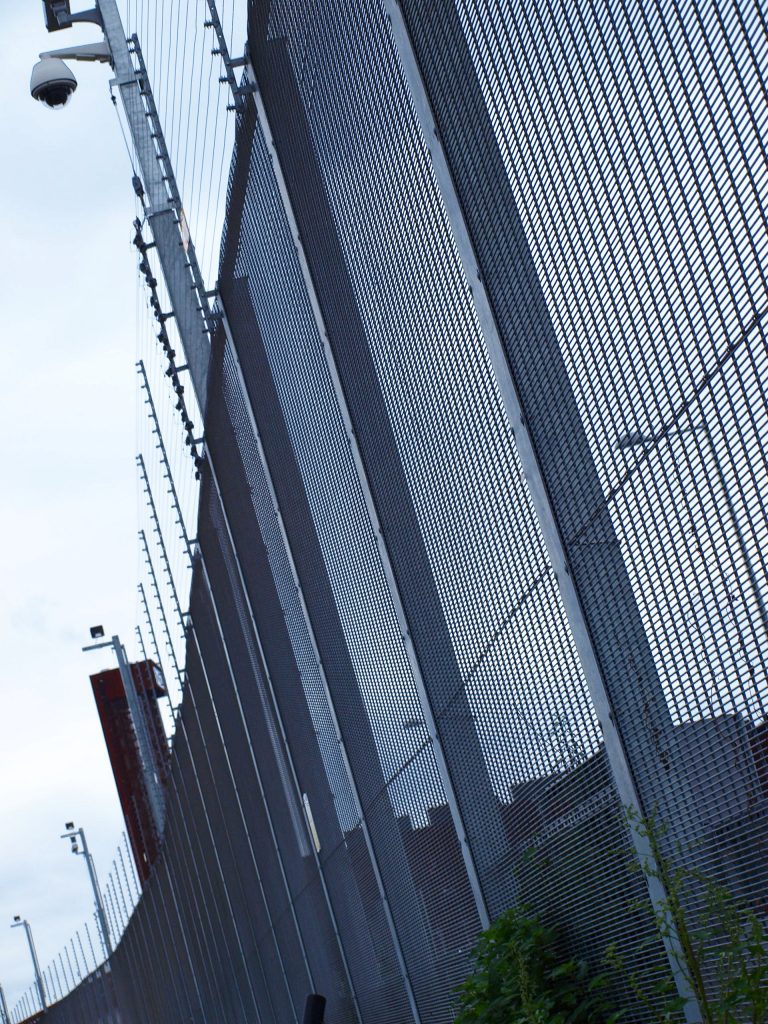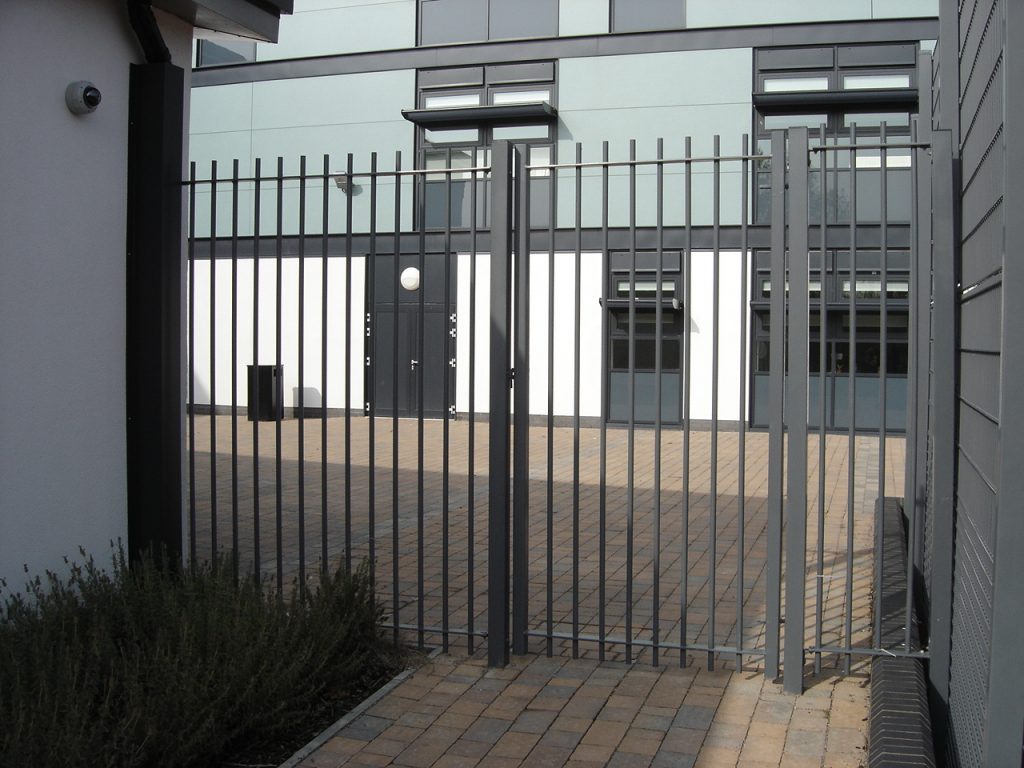I paid a visit to Glasgow last week and got all excited at the way the city, the Scots and the wider British Isles are embracing our second multi-sport international games in two years.
It got me excited about the 20th Commonwealth Games, which will feature athletes from 71 nations competing in 17 sports over 11 days from tomorrow.
And before that, at 8 pm tonight in a Celtic Park football ground dramatically transformed with Europe’s largest LED screen covering the whole of the South Stand, and stretching to 100 metres in length and 38 tonnes in weight, more than one billion Commonwealth citizens will tune in the Glasgow 2014 Opening Ceremony and the story told by the ‘real and extraordinary’ people of Glasgow.
No doubt final rehearsals are happening as I write, last-minute teething issues are being ‘snagged’, and the minutest of details are being attended to as no stone is left unturned in the quest to deliver the best Games Glasgow can.
And it took me back to London 2012 almost exactly two years ago – and the lessons Zaun has learned on securing some of the most high profile events over that period.
After all, if you mess up on security at a major global event, you’re never going to live it down. Just ask G4S about the fall-out from their role at the London 2012 Olympics.
It seems to me that it all comes down to collaboration, communication and consistency.
London 2012 did so many things right. The crucial engagement of everyone involved in planning and delivery was started early. It was comprehensive and embraced all parties. And they maintained that collaboration right through the project.
LOCOG and the ODA also built and maintained excellent communication with all stakeholders – from athletes to volunteers, spectators to taxpayers, and contractors to media.
But this late and significant change in the plans smacked of inconsistency. If my experience of delivering major events has taught me anything, changing things last minute will scupper the best-laid plans.
It causes rework, waste, extra cost and delay. It introduces friction between a tight-knit team under collective pressure to deliver to an immovable deadline in the full beam of both media and political headlights.
You’re working as a team and have together devised a sound security strategy, agreed on personnel numbers and a definitive layout for overlay. So don’t go changing this unilaterally late in the day without expecting painful consequences.
Good collaborative planning ensures all security equipment can be manufactured in plenty of time, meaning there is perfect product availability when the build for the event starts.
It also allows for the development of completely new products to meet previously unforeseen security needs, as we ourselves witnessed with the London 2012 Olympics.
It means new technologies can be considered and applied to provide new solutions. A good example that we trialled at last autumn’s Tory party conference for the first time was to incorporate the latest Video Content Analysis cameras and monitoring.
Gone are the days when PIDs were mounted on a fence. Now threats can be monitored, analysed and recorded in real-time so that, for instance, the same person approaching the perimeter at three different points on three separate occasions can be identified, marked as a threat and potentially apprehended without ever even touching the fence line.
Early collaboration ensures logistics and planning can be coordinated to maximum effect and efficiency. It allows for identifying the right personnel in the right numbers (think G4S again) and gives time for them to be properly vetted, accredited and trained.
With fore-planning, installers can devise detailed build schedules to ensure the safest working practices can be maintained even under the most exacting timelines, with work often having to be carried out in the tightest window in the small hours of morning darkness when public transport isn’t running, and roads can be briefly closed and diverted.
And it means a fair share of risk can be agreed upon between the teams, all with differing political, social, commercial and cultural mandates, who come together to pull off a major event, including appropriate penalties or liquidated damages (LDs).
If we had failed to deliver the security cordon for the G8 Summit last year, our LDs would have run to many tens of thousands per day of delay, aside from any consequential losses businesses or organisers may have claimed in addition.
Because you can rest assured that people will complain given any excuse – and that’s where the importance of good communication from the earliest opportunity comes in.
Major events, both while they are taking place and in the build-up to them, will always disrupt life for some.
Whether it’s diversions and road closures, potentially affecting trade and workers’ commute or the cost of staging an event – look at the riots in Brazil before the Football World Cup at the ‘misuse’ of public funds as the protesters saw it – some will feel they’ve been negatively affected, abused or their rights have been infringed.
So security contractors need to work closely with governments, the police, local councils, residents and the media to ensure potential clash points are known well in advance, mitigation plans are well understood, and the overall greater good is wherever possible an aspiration shared by all.
Then, if you’ve got your collaboration and communication right, the third C you’ve got to ensure is consistency.
Stick to your plans – and if you have to change them, do it early, with comprehensive collaboration and complete communication.
In large scale events, such as Olympic Games, the importance of consistency is multiplied a hundredfold. London 2012, for example, involved 26 Olympic sports and 20 Paralympic sports across 29 venues in 27 days – the equivalent of 541 concurrent days of sports competition.
So, fingers crossed, by the time you read this, all of those lessons will be proven to have been learned with a cracking Commonwealth Games. Let the Games begin! And go, Glasgow, go!




